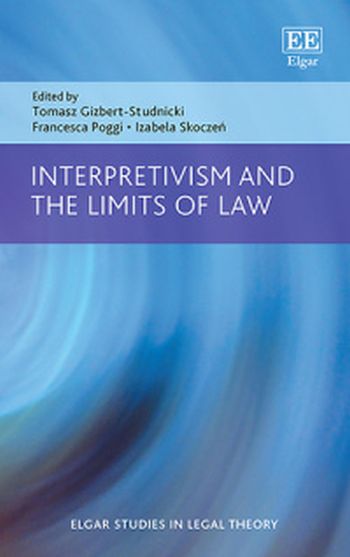
What does it mean to understand the law? This challenging book discusses whether and how understanding the law is qualitatively different from understanding a different, non-legal text or linguistic utterance, and whether knowledge of a language is sufficient to understand legal content in that language.
Providing a comprehensive overview of current studies of interpretivism, both in the common and civil law systems, this book applies state of the art theories and tools of modern philosophy of language to shed new light on traditional questions in legal theory. Chapters discuss the normative importance and descriptive impact of moral inferences in legal interpretation and critically analyse the claims of legal interpretivism, uncovering the most recent versions of legal positivism. The impressive selection of leading contributors explore an array of important topics including metaethics, expressivism and legal semantics.
Outlining a new direction of study and delineating the path for future research on moral inferences in legal interpretation, this timely book will be a thought-provoking read for legal scholars and students interested in legal theory, philosophy and interpretation.